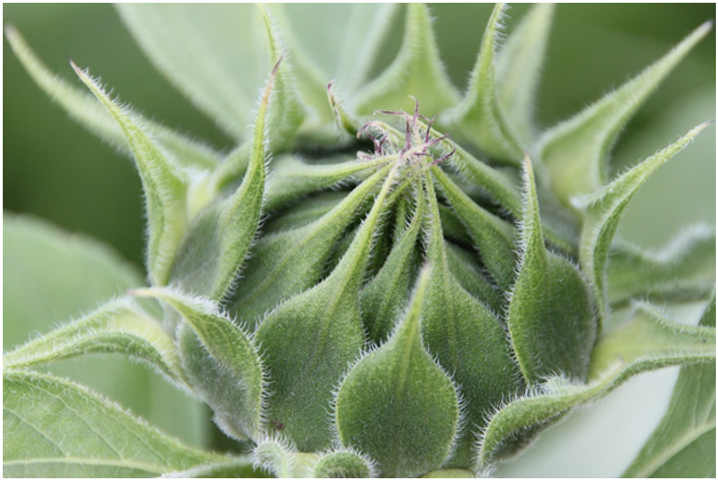
Cannabis has been used as a medicine for thousands of years. Hua Tao, a Chinese physician who lived during the times of the Han Dynasty, used the cannabis plant as an anesthetic after reducing the powder in the plant and mixing it with wine. Additionally, cannabis was used in ancient Egypt and India for a variety of ailments including pain, gastrointestinal diseases, headaches, and insomnia.
Often referred to as marijuana, cannabis is a psychoactive substance used by man since ancient times. Made from cannabis plant, cannabis can be brewed in a tea, eaten, or vaporized. Cannabis contains hundreds of compounds. However, scientists believe that most of the health benefits provided by cannabis come from only two compounds or chemicals present in it: cannabidiol (CBD) and tetrahydrocannabinol (THC). According to the National Institute on Drug Abuse (NIDA), THC relieves pain and induces feelings of pleasure by connecting to the cannabinoid receptors present throughout the body. Thanks to the THC and CBD present in it, cannabis offers a number of health benefits. Following are 8 proven benefits of cannabis use.
Pain Relief
The first and foremost benefit of cannabis use is pain relief. According to a 2012 study about the use of medical cannabis for chronic pain, THC, the psychoactive substance present in cannabis, prevents the transfer of pain signals to the brain by activating pathways in the central nervous system. Additionally, a 2013 study shows that cannabis is effectively treats nerve-related pain or neuropathic pain.
Relief From Sleep Problems
Cannabis can work wonders for people who suffer from insomnia or struggle to get a good night’s rest. Cannabis induces a lower energy level and relaxes your body and mind. This is turn makes it easier for you to get your heart rate down and sleep peacefully. The sleep inducing effect of cannabis is something most people are aware of. According to research, sleep-inducing effect of cannabis is mainly due to the THC present in cannabis. A study published in 1973 shows that THC helps both insomniacs and health individuals to sleep better. Also, other studies suggest that THC may minimize sleep interruptions and improve nighttime breathing.
Nausea and Vomiting
Since the 1980s, THC has been available as a medicine for nausea and vomiting. In fact, the Food and Drug Administration (FDA) has approved the use of THC for this purpose. This clearly shows that you can relieve nausea and vomiting by using cannabis.
Headaches and Migraines
An effective way to relieve headaches and migraines is applying cannabis oil at the spot of intensity. According to a 2008 study, the use cannabis or cannabis oil is an effective way to relief crippling pain and headaches.
Glaucoma
The potential of THC to relieve pressure in the eye of the people with glaucoma is a long-known benefit of cannabis. According to a study published in 1998, glaucoma sufferers can relieve their pain by smoking cannabis.
Better Lung Function
Contrary to popular belief, smoking cannabis isn’t bad for your lungs. In fact, some cannabis smokers have experience improvement in lung function. According to a study published in the Journal of the American Medical Association, smoking cannabis trains lungs to be more efficient which in turn improves their function.
The Prevention Of Cancer
Although the research on this is ongoing, there are some reports that prove the ability of cannabis to prevent cancer. In addition to helping prevent cancer, cannabis has the potential to kill cancer cells and treat cancer. However, there is no evidence yet that cannabis treats cancer.
It Helps Control Epileptic Seizures
A number of studies prove that cannabis can help control epileptic seizures. According to a 2014 study on the effectiveness of cannabis in treating epilepsy and seizures, five children with ‘extreme’ anticonvulsant resistant grand mal epilepsy were treated with THC, a chemical present in cannabis, in 1940. Two of the five children experienced an improvement in their condition. Moreover, in 1978, scientists carried out an experiment on 9 epileptic patients. The scientist gave the patients 200 mg of Cannabidiol or CBD, chemical present in cannabis, each day. According to the results of the experiment, two of the nine patients treated with CBD became seizure free while the others experienced an improvement in their condition.
About the Business
Have a question? Ask the experts!
Send your question

